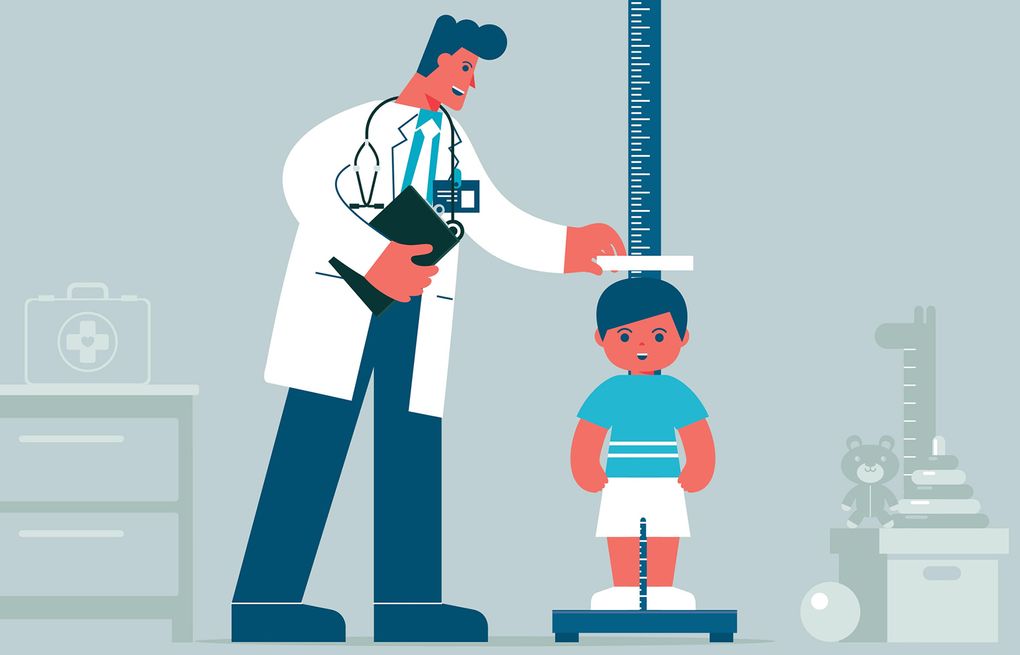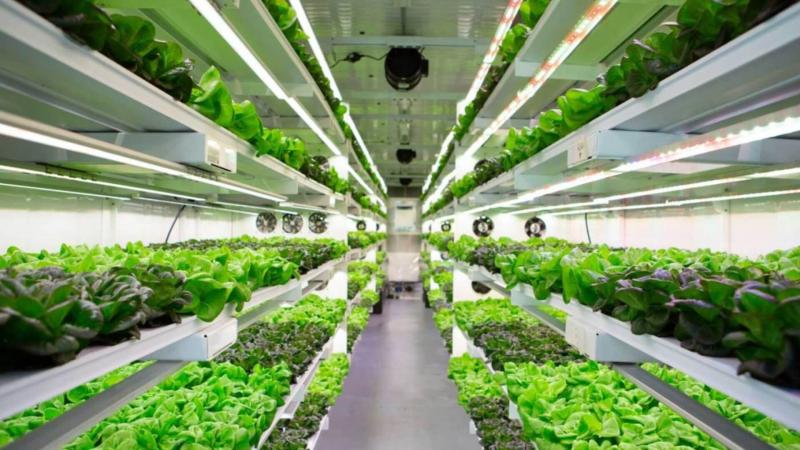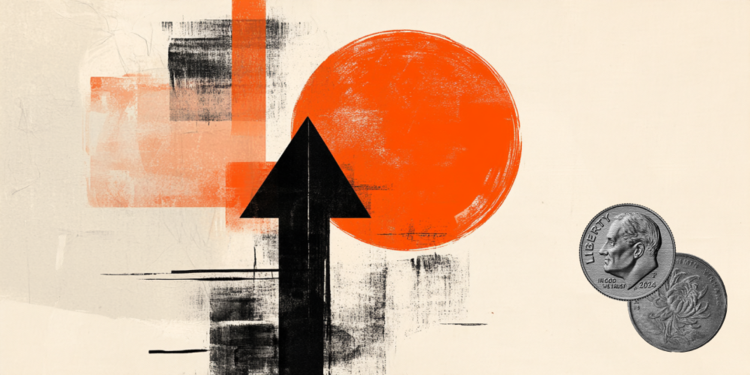Aging Decoded: The Surprising Ways Your Daily Choices Shape Your Longevity

Unlocking the Secrets of Aging: How Your Lifestyle and Environment Shape Your Journey
Aging is far more than just a biological process—it's a complex interplay of choices, habits, and environmental factors that can dramatically influence how we experience the passage of time. While genetics play a role, emerging research reveals that our daily lifestyle and surrounding environment have profound impacts on how we age.
The Power of Lifestyle Choices
Your daily habits are like a roadmap for aging. Regular exercise, balanced nutrition, and adequate sleep aren't just wellness buzzwords—they're critical strategies for maintaining vitality. Studies consistently show that individuals who engage in moderate physical activity, consume a nutrient-rich diet, and prioritize quality sleep tend to experience slower cellular aging and maintain better cognitive function.
Environmental Influences on Aging
The world around us plays a significant role in our aging process. Factors like air quality, exposure to environmental toxins, stress levels, and social connections can accelerate or decelerate cellular aging. Urban dwellers, for instance, might face more environmental stressors compared to those living in less polluted, more connected communities.
Stress and Its Aging Impact
Chronic stress is like an accelerant for aging. It triggers inflammatory responses, shortens telomeres—protective caps on our chromosomes—and can lead to premature cellular aging. Developing effective stress management techniques such as meditation, mindfulness, and maintaining strong social support networks can help mitigate these effects.
Proactive Aging: Taking Control
The good news is that aging isn't a passive experience. By making informed choices about diet, exercise, mental health, and environmental exposure, we can significantly influence our aging trajectory. It's about creating a holistic approach that nurtures both body and mind.
Remember, aging is a journey—not a destination. Embrace it with knowledge, positivity, and proactive care.








